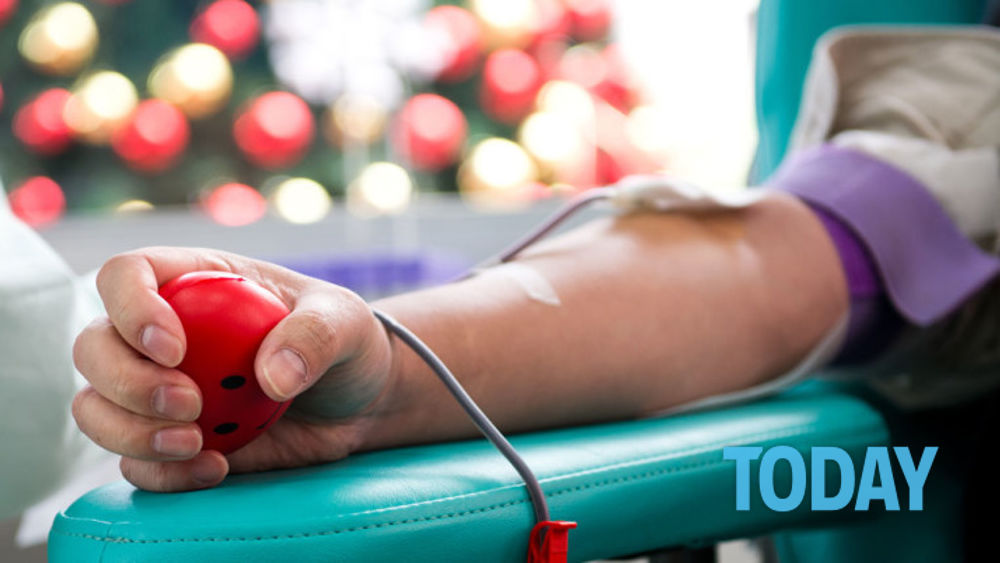A blood test to recognize over 50 types of cancer at an early stage. It is the result of the American study Circulating Cell-free Genome Atlas (CCGA) recently published on Annals of Oncology. The research, born with the aim of developing and validating a new approach called “multi-cancer early detection”(MCED), enrolled approximately 15,000 participants at 142 sites in the United States and Canada, and included both subjects who had cancer at enrollment and subjects who had not been diagnosed.
MCED involves taking a blood sample from each patient and analyzing DNA, through Artificial Intelligence techniques, to detect disease signals, in a wide range of cancer types with different biological characteristics (including those which currently lack screening tests), predicting their origin. More precisely, the test detects traces of cell-free DNA (cfDNA) that tumors (and other cells) shed in the blood: the technical term is “methylations”, or chemical changes in the DNA that can reveal the presence of a oncological disease. A screening tool, with a high degree of accuracy, whose results are available within ten working days, which could, if used on a large scale, increase the absolute number of diagnosed cancers and move detection to earlier stages when the results of a therapy are better and mortality is lower.
The multi-cancer early detection test has already been made available by GRAIL, Inc. (California, USA), a company that developed and funded the research, by prescription only and to complement other existing screening tests such as those for the breast. , for cancers of the cervix, prostate, lung and intestines. Many of the cancers that the test can detect do not have screening tools available, such as cancers of the liver, pancreas and esophagus, which are among the deadliest: in these cases, early detection could make a difference.
“Finding cancer early, when treatment is most likely to be successful, is one of the most significant opportunities we have to reduce the burden of cancer. These data suggest that, when used in conjunction with existing screening tests, the multi-cancer detection test could have a profound impact on how cancer is detected and ultimately on public health.“, Declared the first author of the article, Dr. Eric Klein, presidente del Glickman Urological and Kidney Institute, Cleveland Clinic (USA).
.
